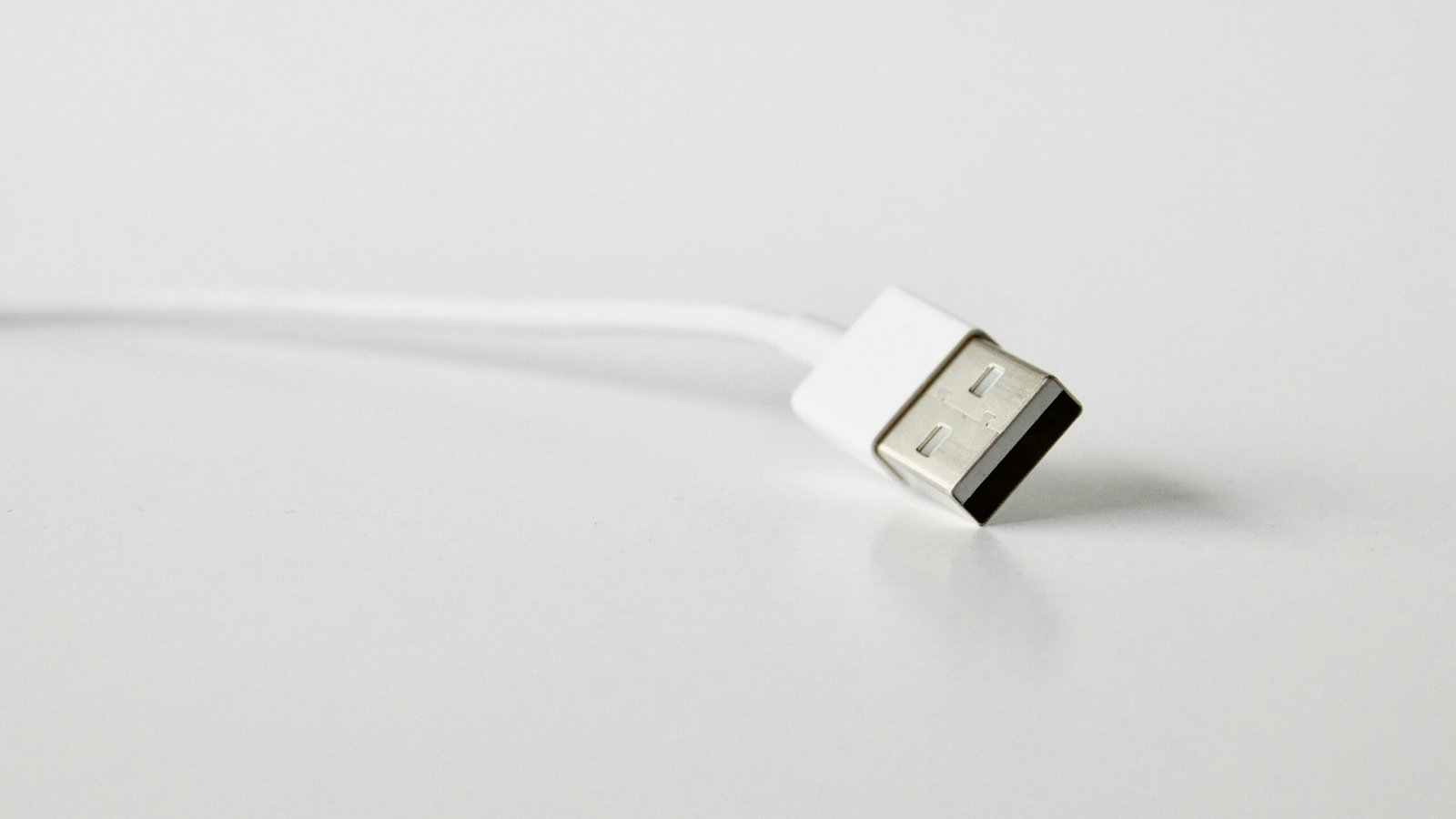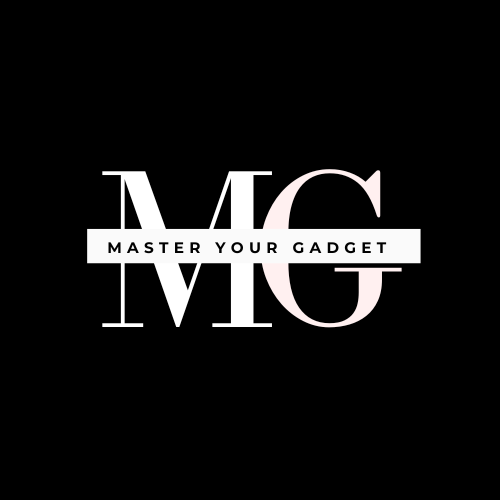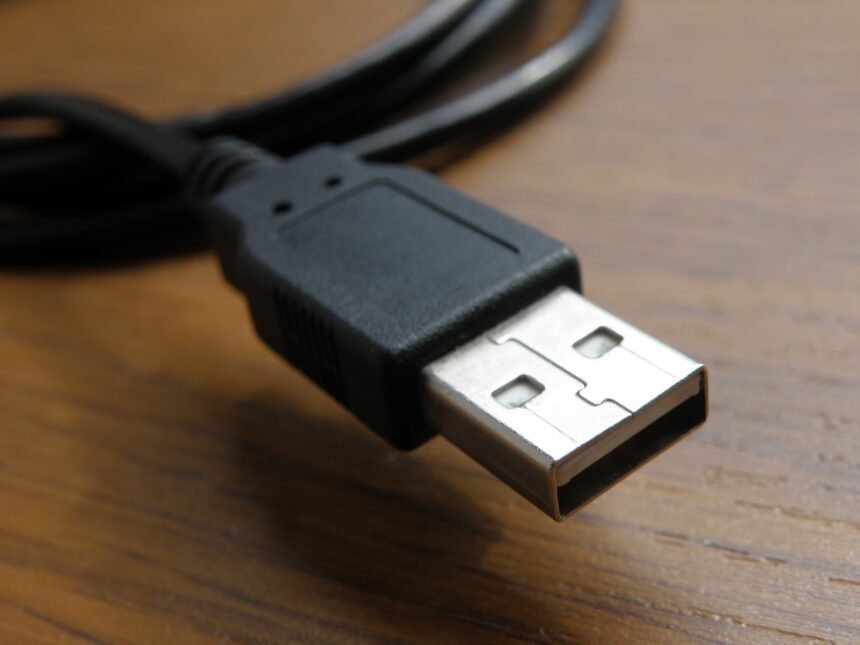USB connectors have become a cornerstone of modern technology, facilitating everything from data transfer to charging across a myriad of devices. With various types of USB connectors available, choosing the right one can be critical for ensuring compatibility and performance. However, buying low-quality or unsuitable connectors can lead to a range of problems. You should consider potential issues with USB connectors. Here’s how to buy a USB connector instead of relying on subpar products.
1. Types of USB Connectors
Understand Your Needs: Before purchasing a USB connector, determine the type that suits your requirements. Here’s a quick overview:
USB-A: Commonly used for standard peripherals and accessories.
USB-B: Typically found in printers and larger devices.
USB-C: The latest standard, offering high-speed data transfer, video output, and power delivery.
Micro-USB and Mini-USB: Often used in older or more compact devices.
Compatibility: Ensure the connector type matches your device’s port. For example, USB-C is becoming the standard for many new devices, but older devices may still use USB-A or Micro-USB.
2. How to buy a USB connector : Key Factors to Consider

– USB Standards: Different USB standards offer varying speeds. USB 2.0 supports up to 480 Mbps, USB 3.0 and USB 3.1 offer up to 5-10 Gbps, and USB 3.2 and USB4 can reach up to 20-40 Gbps. Choose a connector that meets your data transfer needs.
2. Power Delivery Capabilities
– Charging Requirements: USB connectors support different power levels. USB-C with Power Delivery (PD) can handle up to 100 watts, suitable for charging laptops and other high-power devices. Ensure the connector supports the necessary power output for your devices.
3. Build Quality and Durability
– Materials: Look for connectors made with high-quality materials. Robust connectors typically feature reinforced joints, durable shielding, and high-quality metal contacts.
– Brand Reputation: Opt for connectors from reputable brands to ensure better build quality and reliability.
4. Certification and Compliance
– Certified Products: Use connectors that are certified by the USB Implementers Forum (USB-IF) or other relevant standards organizations. Certification ensures the product meets performance and safety standards.
– Avoid Knock-Offs: Unbranded or knock-off connectors may not meet quality standards, leading to potential issues with compatibility and performance.
5. Length and Flexibility
– Cable Length: Choose a cable length that suits your setup. Longer cables offer more flexibility but can affect signal quality. Ensure the length meets your needs without compromising performance.
– Cable Flexibility: A flexible cable is less likely to suffer from damage due to bending or twisting. Look for connectors with well-designed strain relief features.
3. What are the problems with Buying Poor-Quality USB Connectors
1. Compatibility Issues
– Device Mismatch: Low-quality or incorrect connectors may not fit properly or may not work with your devices, leading to frustration and inconvenience.
2. Data Transfer Problems
– Slow Speeds: Poor-quality connectors may not support the data transfer speeds you need, causing delays and inefficiencies, particularly for tasks involving large files or high-resolution media.
– Data Corruption: In some cases, faulty connectors can lead to data corruption or loss, which can be critical if you’re transferring important files.
3. Charging Issues
– Insufficient Power: Low-quality connectors may not deliver the necessary power, resulting in slow charging or failure to charge your device altogether.
– Overheating Risks: Inferior connectors might overheat due to poor design or materials, posing safety risks to your devices and possibly leading to damage.
4. Shortened Lifespan
– Wear and Tear: Poorly made connectors are more prone to wear and tear, leading to a shorter lifespan and the need for frequent replacements.
– Connector Damage: Flimsy connectors can cause damage to device ports or cable connectors, impacting long-term usability.
5. Potential Safety Hazards
– Electrical Risks: Substandard connectors can pose electrical hazards, including the risk of short circuits or electrical fires due to inadequate insulation or poor construction.
When purchasing USB connectors, it’s crucial to consider factors such as type, data transfer speed, power delivery capabilities, build quality, and certification. Investing in high-quality, certified connectors can prevent compatibility issues, data transfer problems, and safety hazards. By making informed choices and selecting reliable connectors, you can ensure optimal performance and longevity for your devices, while avoiding the potential pitfalls associated with poor-quality products. Stay informed and make smart purchasing decisions to keep your technology running smoothly and safely.








